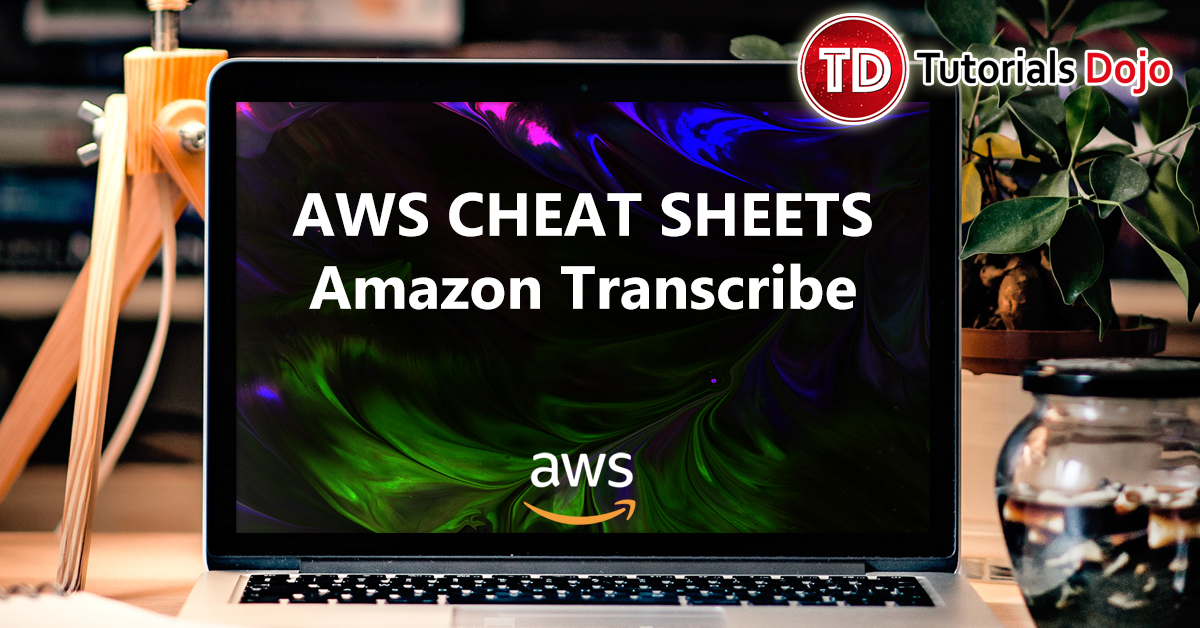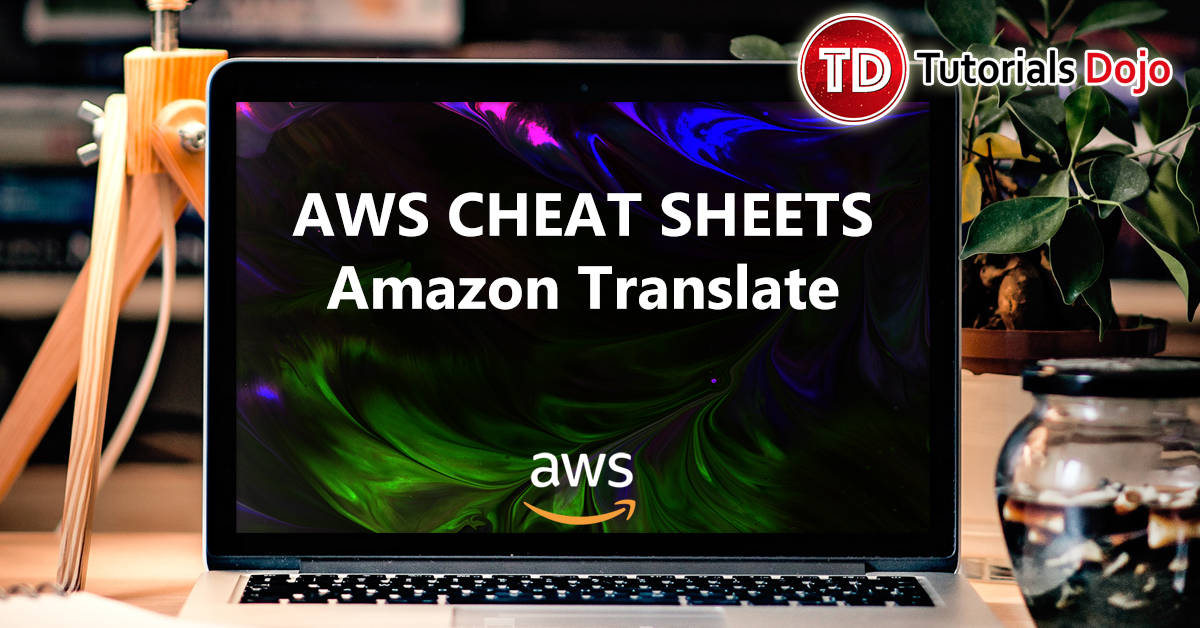Amazon SageMaker AI
Carlo Acebedo2025-12-18T11:15:08+00:00Bookmarks Concepts Common Training Data Formats For Built-in Algorithms Input modes for transferring training data Two methods of deploying a model for inference SageMaker features Optimization Amazon SageMaker Monitoring Amazon SageMaker Pricing Validate Your Knowledge Amazon SageMaker AI Cheat Sheet A fully managed service that allows data scientists and developers to easily build, train, and deploy machine learning models at scale. Provides built-in algorithms that you can immediately use for model training. Also supports custom algorithms through docker containers. One-click model deployment. Concepts Hyperparameters It refers to a [...]










